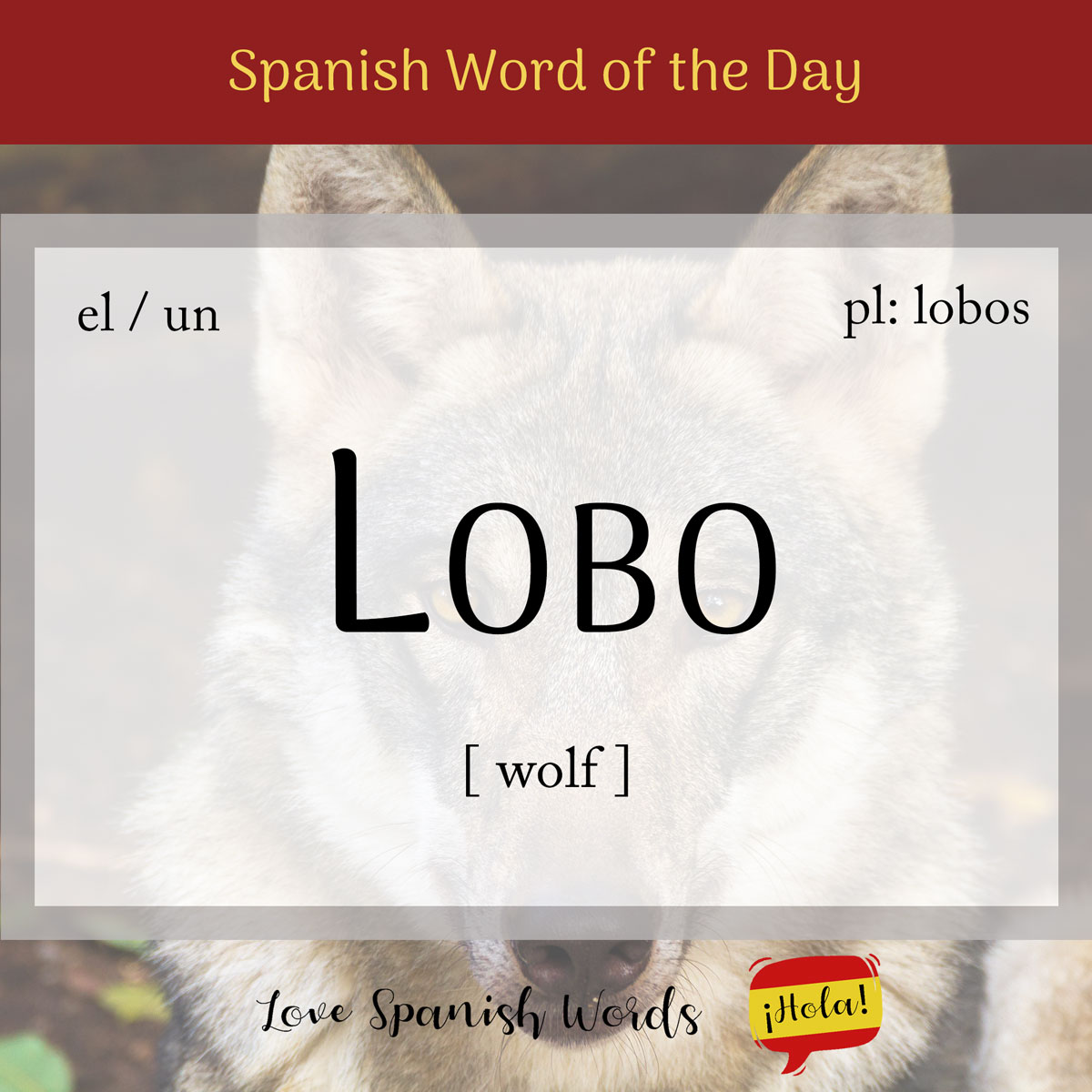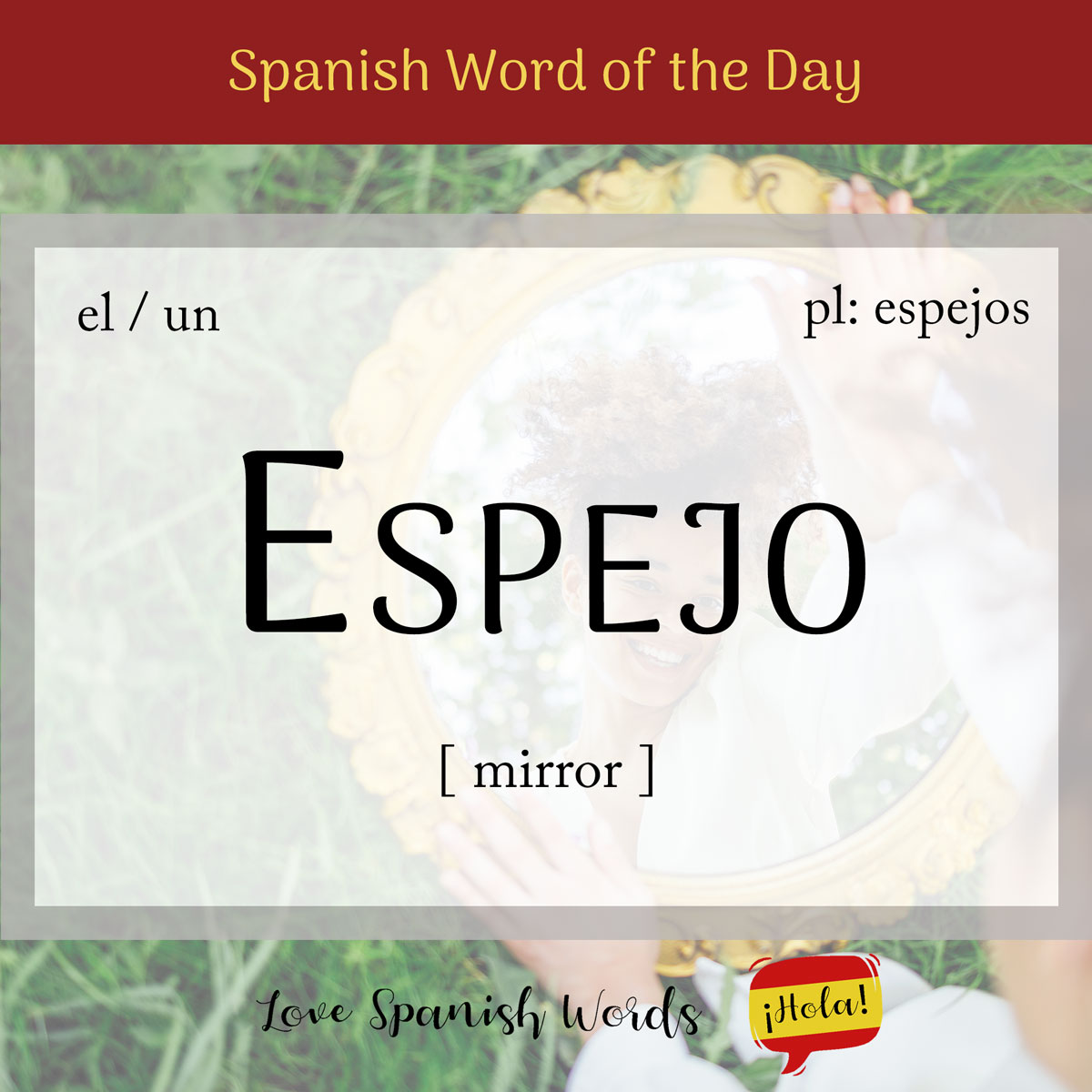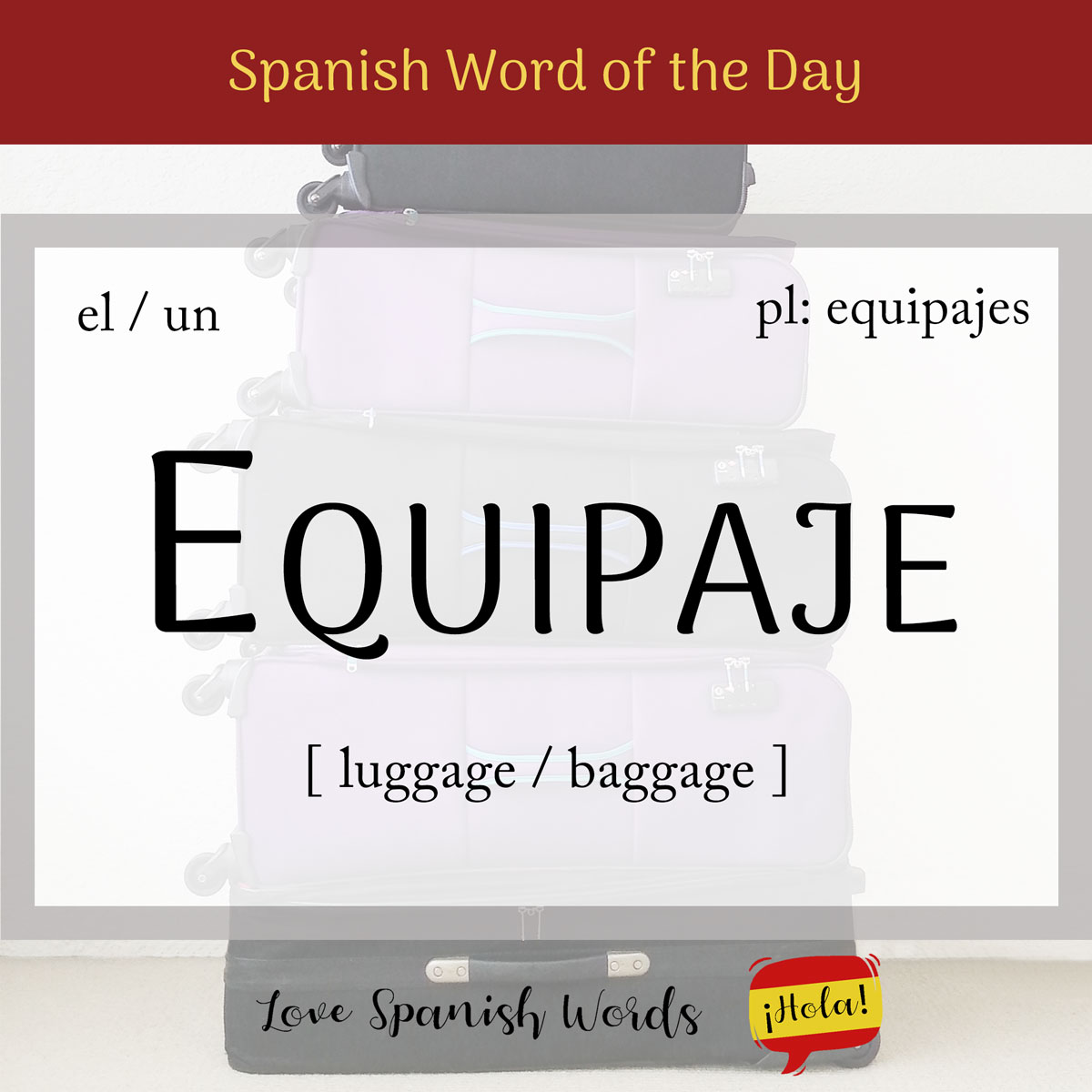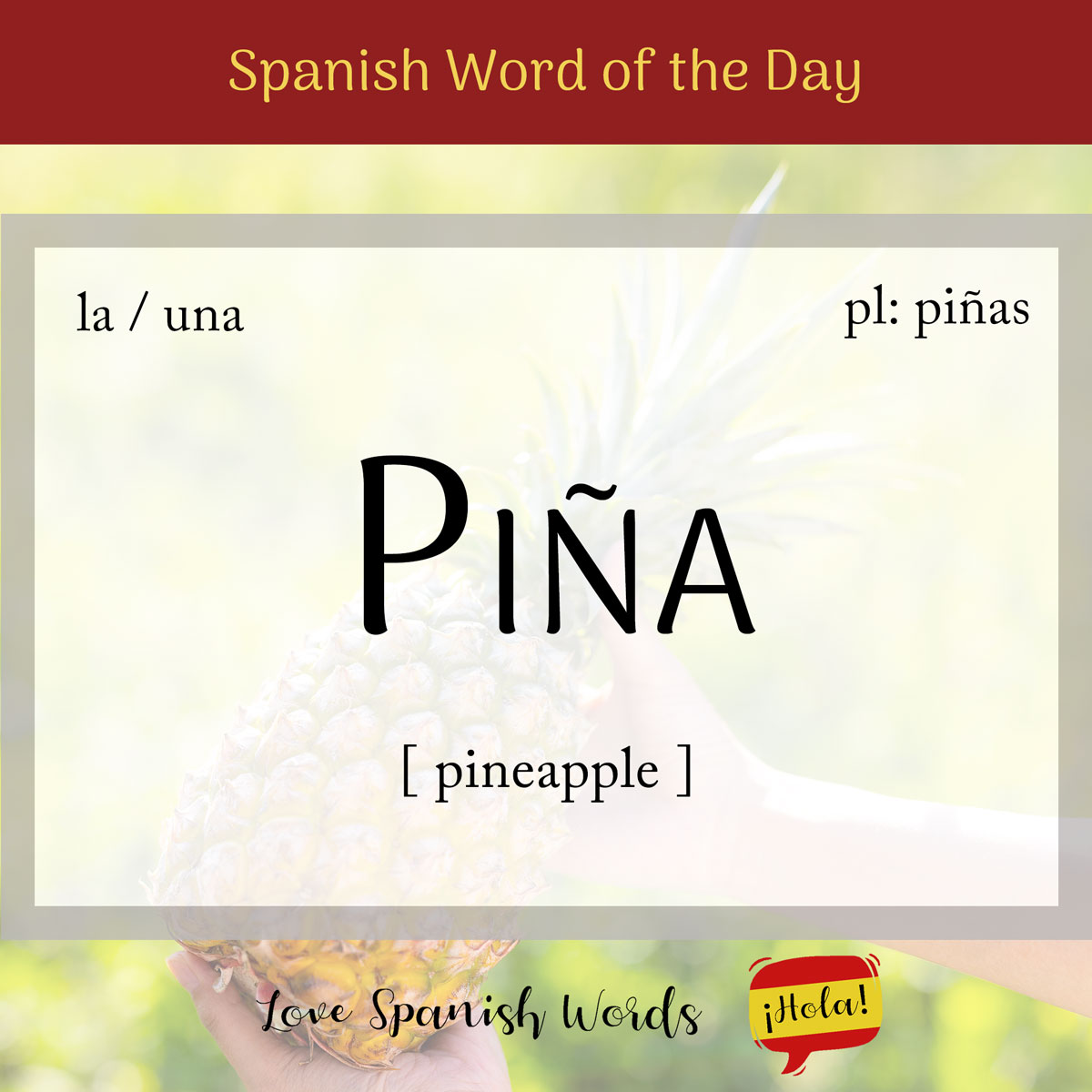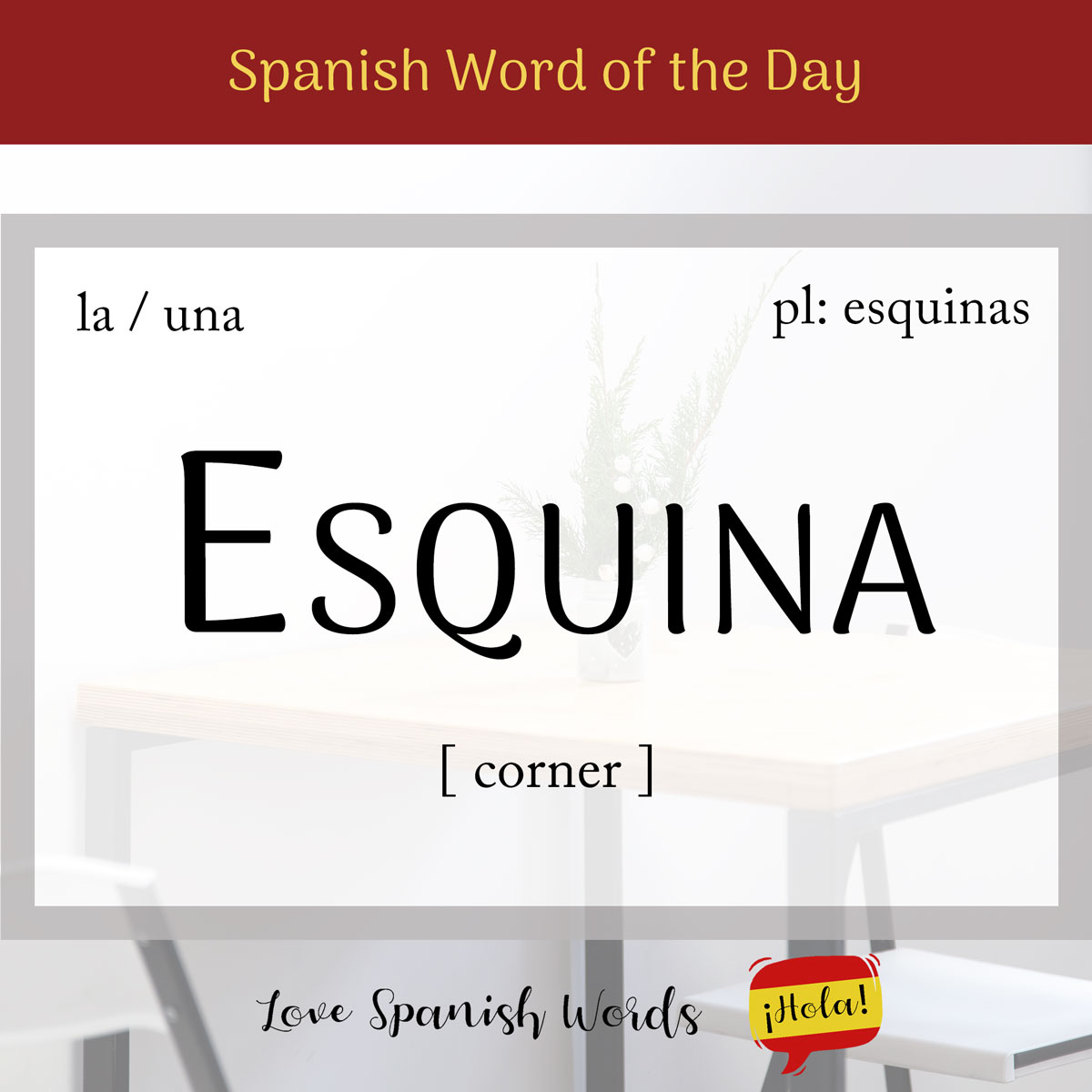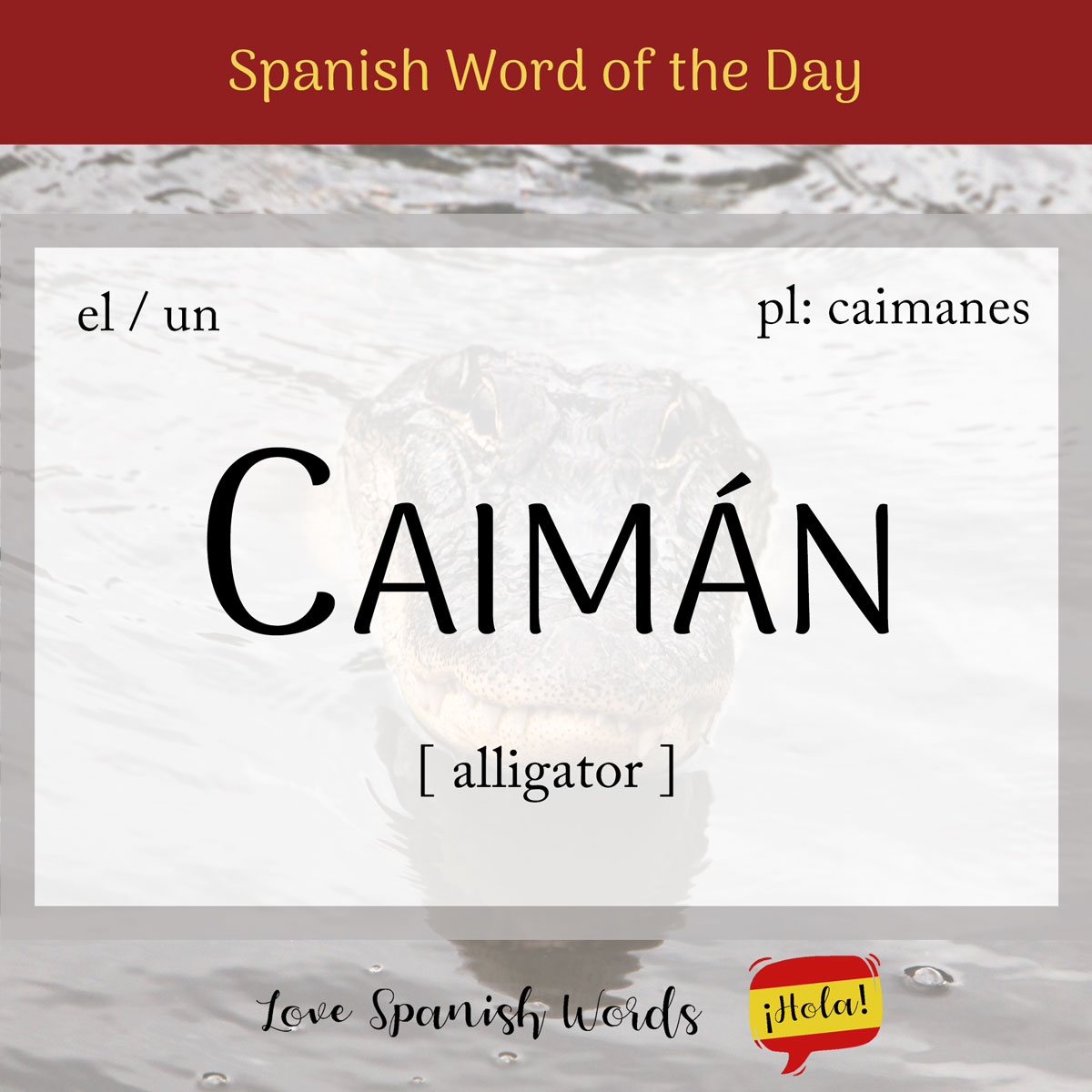Spanish Word of the Day: Lobo (wolf)
The word lobo (wolf) originates from the Latin word lupus which also means wolf. These carnivorous mammals are from the (familia canina) canine family, which are similar to dogs but bigger. Their scientific name is Canis lupus. Latin American Pronunciation European Pronunciation Lobo is a masculine noun, but when speaking about the wolf, you can …

